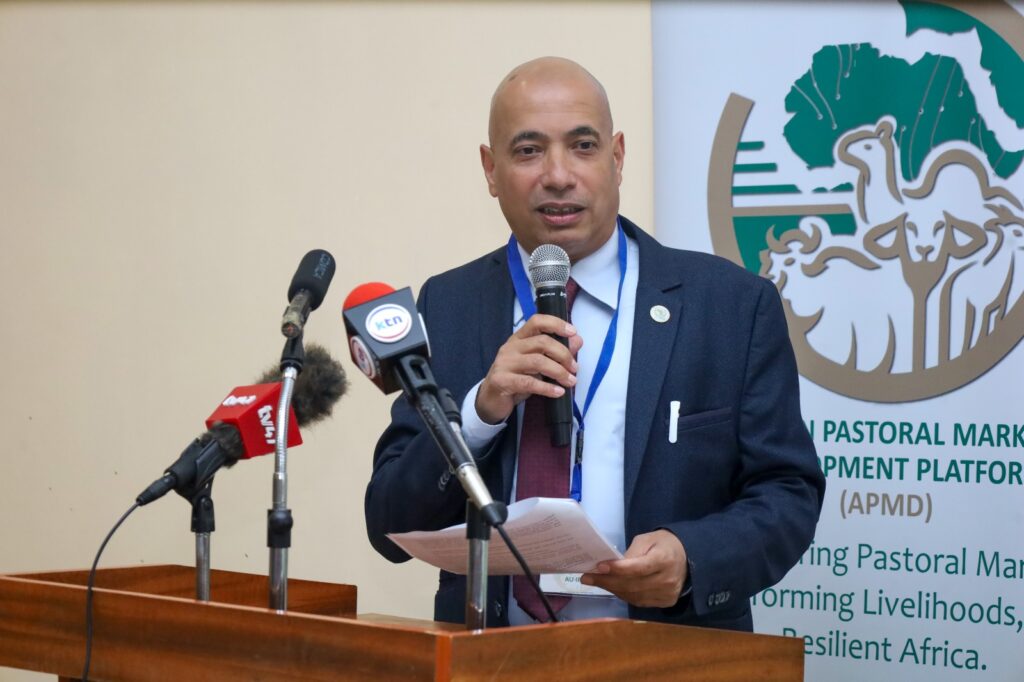The Intergovernmental Authority on Development (IGAD) has underscored the need for stronger cross-border collaboration to address worsening feed shortages and rangeland degradation across the Horn of Africa. Despite hosting more than half of Africa’s livestock, the region continues to suffer heavy losses due to poor rangeland governance, restrictive trade policies, and recurring climate shocks.
According to IGAD data, Ethiopia, Kenya, and Somalia collectively hold 55 percent of the region’s livestock resources. Yet between 2020 and 2023 alone, the three countries lost an estimated 13 million animals—valued at USD 1.2 billion—following severe droughts. The crisis also left about five million children malnourished, highlighting the broader humanitarian implications of livestock vulnerability.
Experts say the challenge lies not in resource scarcity but in fragmented management systems. Although the three countries share similar ecosystems, political borders often restrict traditional pastoral mobility. At the same time, underdeveloped regulatory frameworks have discouraged investments in the animal feed sector.
“It is very hard for someone who produces feed in Kenya to trade across Ethiopia because it becomes contraband,” noted Guyo Roba, Head of the Dryland Development Unit at IGAD’s Centre for Pastoral Areas and Livestock Development (ICPALD). He added that each IGAD country faces a seasonal feed deficit of nearly 50 percent, worsened by the lack of certified forage seed systems.
These concerns took center stage during a regional workshop in Naivasha, organised by the African Union–Interafrican Bureau for Animal Resources (AU-IBAR) through the African Pastoral Markets Development (APMD) Platform. The meeting brought together policymakers, pastoralists, technical experts, and private sector players to harmonise rangeland and feed strategies.
Prof. Ahmed Elbeltagy, APMD Policy Pillar Lead, emphasised that pastoralism is central to economic and ecological resilience in the region. He stressed that achieving feed and rangeland security requires strong partnerships between governments, communities, scientists, and markets.
Kenya’s Senior Deputy Director of Livestock Production, John Maina, called for practical regional policies and greater private-sector participation in feed production and trade.
The workshop’s outcomes will guide the creation of an AU feed security coordination task force aimed at translating policy commitments into tangible action across the continent.

